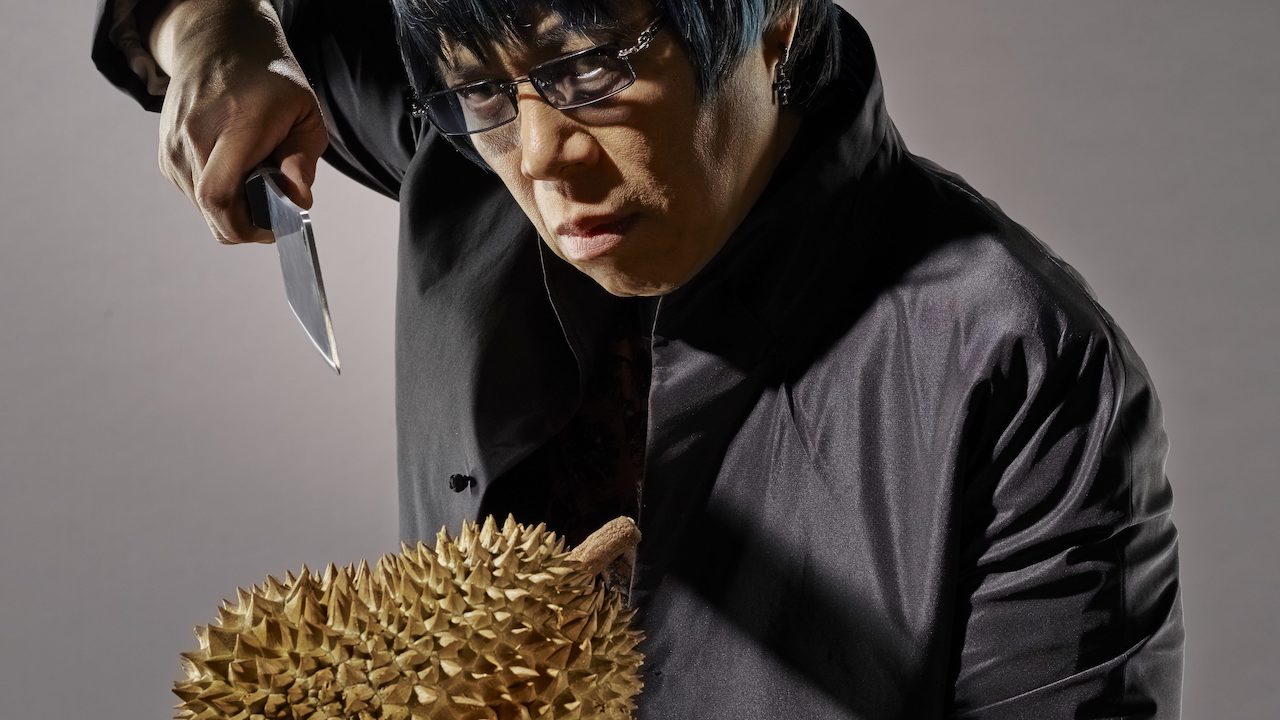
Chamberlains of London – Alvin Leung, often known as The Demon Chef, is not your typical fine dining personality. With wild blue hair and a bold personality, he brings shock value to the kitchen like no one else. Alvin Leung made headlines with his Hong Kong restaurant Bo Innovation, where science meets cuisine in a spectacularly theatrical way. Instead of sticking to traditional methods, he fuses molecular gastronomy with extreme techniques that challenge not only the palate but the imagination. Diners are often surprised with smoking dishes, edible bubbles, and plates that resemble modern art more than meals. Alvin’s culinary creations are deeply rooted in Chinese flavors but reinterpreted through a rebellious and scientific lens. He shows that food can be edgy, chaotic, and deeply meaningful all at once. With each course, Alvin Leung defies expectations and leaves diners questioning everything they thought they knew about taste and tradition.
At the core of Alvin Leung’s appeal is his ability to transform a meal into a multisensory performance. Every dish tells a story and plays with form, color, and texture. His most iconic menu items are not just cooked, they are engineered. One famous example is his Sex on the Beach dish, a risqué take on edible art that caused controversy but also sparked conversation about boundaries in culinary presentation.
Alvin Leung incorporates tools from chemistry labs, like liquid nitrogen and centrifuges, to manipulate ingredients in fascinating ways. Despite the scientific complexity, the experience never feels sterile. Instead, it explodes with personality. Alvin Leung also reimagines traditional Cantonese flavors with an unapologetic twist. Duck confit might arrive with pickled lotus root foam, or dim sum could dissolve into a fragrant vapor. His method disrupts expectations and invites curiosity. Diners leave his restaurant not only full but also thrilled by the show they just witnessed.
“Read about: Inside the Secret Chef’s Table That’s Changing Texas Fine Dining Forever!”
Alvin Leung is not just a chef, he is a provocateur who thrives on breaking the rules. Unlike most Michelin-star chefs, he never trained in any culinary school. He taught himself to cook through obsession and experimentation. This lack of formal background became a strength, allowing Alvin Leung to question everything others take for granted. In his world, no ingredient is sacred and no tradition is untouchable. He turns classical Chinese cooking on its head and introduces avant-garde techniques that push boundaries. In every city he visits, from Toronto to Shanghai, he challenges diners to rethink what food should be. Alvin Leung is more than a cook; he is a creator of culinary chaos. He questions the idea that fine dining must be reserved, predictable, or restrained. His food provokes reactions, sparks debate, and leaves a lasting impression on anyone bold enough to try it.
Bo Innovation in Hong Kong is not just a restaurant, it is a playground for the strange and the spectacular. Inside its sleek, dark interior, chefs work with precise instruments under Alvin Leung’s visionary direction. Menus often feature unexpected combinations, like molecular xiao long bao or oyster ice cream. These aren’t gimmicks, they are carefully designed experiments meant to push boundaries.
The kitchen runs like a hybrid between a lab and an art studio. Even the plating of dishes reflects Alvin Leung’s chaotic genius, often resembling abstract paintings or futuristic sculptures. The ambiance is loud and unfiltered, much like the chef himself. Bo Innovation received three Michelin stars, a nod to the brilliance beneath its madness. Alvin Leung uses the platform to challenge cultural norms and culinary hierarchies. At Bo Innovation, diners find more than food. They find shock, awe, and the raw creative energy of a chef unafraid to disturb the peace.
Alvin Leung’s influence reaches far beyond Hong Kong. He has become a global icon of culinary rebellion. On television, he judges cooking competitions with ruthless honesty and charisma. Around the world, his name inspires both fear and admiration among young chefs. Alvin Leung’s unapologetic approach has helped redefine what modern Asian cuisine can be. By embracing controversy and innovation, he opened doors for chefs who might otherwise be stuck repeating the past. His cookbooks and interviews continue to stir conversation within the food world. Many of his proteges have launched daring restaurants of their own, inspired by his fusion of science, shock, and soul. The Demon Chef has proven that madness and genius can coexist in a kitchen. As food culture becomes more global and adventurous, Alvin Leung’s legacy stands as a bold reminder that true creativity often begins by breaking all the rules.